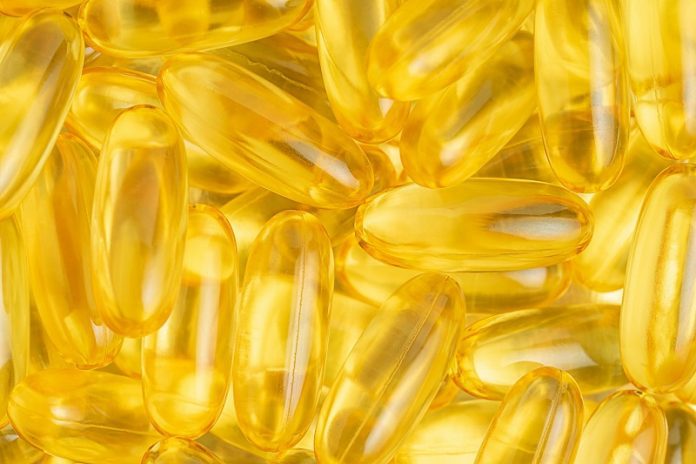
Bowel cancer, also known as colorectal cancer, is a serious condition affecting many people around the world.
Recent research suggests that low levels of vitamin D might increase the risk of developing this type of cancer.
But what exactly is vitamin D, and how might it impact bowel cancer? Let’s dive into the details in a way that’s easy to understand.
Vitamin D is often called the “sunshine vitamin” because our bodies can produce it when our skin is exposed to sunlight. We can also get vitamin D from certain foods like fatty fish, eggs, and fortified dairy products, as well as from supplements.
Vitamin D is important for many reasons: it helps our bodies absorb calcium, which is essential for strong bones, and it also supports our immune system.
In recent years, scientists have been exploring the link between vitamin D and various types of cancer, including bowel cancer.
The interest in this connection comes from the fact that vitamin D plays a role in cell growth and repair, and it has properties that can help reduce inflammation.
Both of these functions are crucial because uncontrolled cell growth and chronic inflammation are key factors in the development of cancer.
Several studies have looked at whether people with lower levels of vitamin D have a higher risk of developing bowel cancer. One significant piece of research is a large review published in the Journal of Clinical Oncology.
This review analyzed data from several studies involving more than 12,000 people. The researchers found that individuals with higher levels of vitamin D had a significantly lower risk of developing bowel cancer compared to those with lower levels.
Specifically, people with the highest vitamin D levels had up to a 30% lower risk of bowel cancer.
Another study conducted by scientists at the Dana-Farber Cancer Institute and published in the journal Gut provided similar findings. This study involved more than 170,000 participants from different parts of the world.
The researchers discovered that people with low vitamin D levels were at a higher risk of developing bowel cancer, especially those with levels below 30 nanomoles per liter (nmol/L), which is considered deficient.
While these studies suggest a strong link between low vitamin D levels and increased bowel cancer risk, it’s important to note that they show correlation, not causation.
This means that while low vitamin D levels are associated with a higher risk of bowel cancer, we cannot say for certain that low vitamin D directly causes the cancer. Other factors, such as lifestyle and overall health, may also play a role.
Research also indicates that maintaining adequate vitamin D levels could potentially improve survival rates for those already diagnosed with bowel cancer.
A study published in the British Medical Journal found that patients with higher vitamin D levels had better survival rates than those with lower levels. This suggests that vitamin D might play a role not just in preventing cancer, but also in improving outcomes for those who already have it.
Despite these promising findings, experts caution against taking high doses of vitamin D supplements without medical advice. Too much vitamin D can lead to health problems such as kidney damage.
The best way to maintain healthy vitamin D levels is through a combination of safe sun exposure, a balanced diet that includes vitamin D-rich foods, and supplements if necessary, but always under the guidance of a healthcare provider.
In conclusion, there is growing evidence that low vitamin D levels may be linked to an increased risk of bowel cancer. While more research is needed to fully understand this connection, it is clear that maintaining adequate vitamin D levels is important for overall health.
If you’re concerned about your vitamin D levels, consider talking to your doctor, who can recommend a blood test to check your levels and advise you on the best ways to keep them in a healthy range.
A balanced diet, safe sun exposure, and possibly supplements can help you maintain the right levels of this important vitamin.
Follow us on Twitter for more articles about this topic.
Copyright © 2024 Scientific Diet. All rights reserved.





